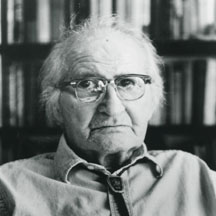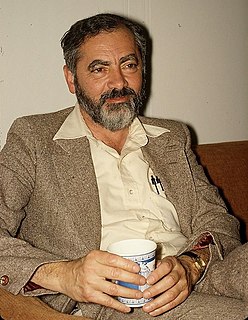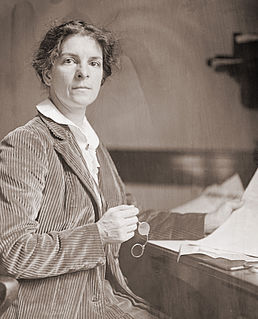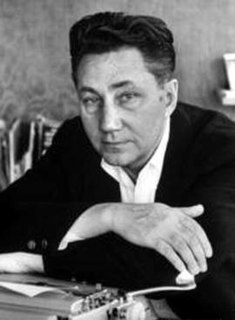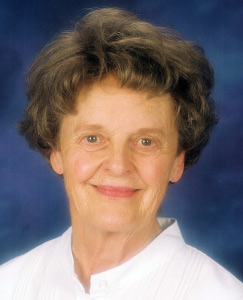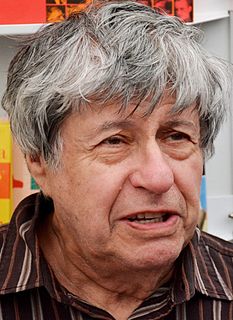A Quote by Julio Cortazar
The short-story writer knows that he can't proceed cumulatively, that time is not his ally. His only solution is to work vertically, heading up or down in literary space.
Related Quotes
Fright is something one can never get over. When a warrior is caught in such a tight spot he would simply turn his back to the ally without thinking twice. A warrior cannot indulge thus he cannot die of fright. A warrior allows the ally to come only when he is good and ready. When he is strong enough to grapple with the ally he opens up his gap and lurches out, grabs the ally, keeps him pinned down and maintains his stare on him for exactly the time he has to, then he moves his eyes away and releases the ally and lets him go. A warrior, my little friend, is the master at all times
Detach the writer from the milieu where he has experienced his greatest sense of belonging, and you have created a discontinuity within his personality, a short circuit in his identity. The result is his originality, his creativity comes to an end. He becomes the one-book novelist or the one-trilogy writer.
Here's a strange fact: murder a man, and you feel responsible for his life - ''possessive'', even. You know more about him than his father and mother; they knew his fetus, but you know his corpse. Only you can complete the story of his life, only you know why his body has to be pushed into the fire before its time, and why his toes curl up and fight for another hour on earth.
Children, only animals live entirely in the Here and Now. Only nature knows neither memory nor history. But man - let me offer you a definition - is the storytelling animal. Wherever he goes he wants to leave behind not a chaotic wake, not an empty space, but the comforting marker-buoys and trail-signs of stories. He has to go on telling stories. He has to keep on making them up. As long as there's a story, it's all right. Even in his last moments, it's said, in the split second of a fatal fall - or when he's about to drown - he sees, passing rapidly before him, the story of his whole life.
A few hours after the news broke about the death of crime writer Donald E. Westlake, a newspaper asked me to write a tribute. In short order I did so, calling attention to his decades-long career, both under his own name and that of his primary alter ego, Richard Stark, who introduced the unsentimental antihero-heister Parker to the literary canon.
The ‘experimental’ writer, then, is simply following the story’s commands to the best of his human ability. The writer is not the story, the story is the story. See? Sometimes this is very hard to accept and sometimes too easy. On the one hand, there’s the writer who can’t face his fate: that the telling of a story has nothing at all to do with him; on the other hand, there’s the one who faces it too well: that the telling of the story has nothing at all to do with him
Every few seconds a new book sees the light of day. Most of them will just be a part of the hum that makes us hard of hearing. Even the book is becoming an instrument of forgetting. A truly literary work comes into being as its creator's cry of protest against the forgetting that looms over him, over his predecessors and his contemporaries alike, and over his time, and the language he speaks. A literary work is something that defies death.


